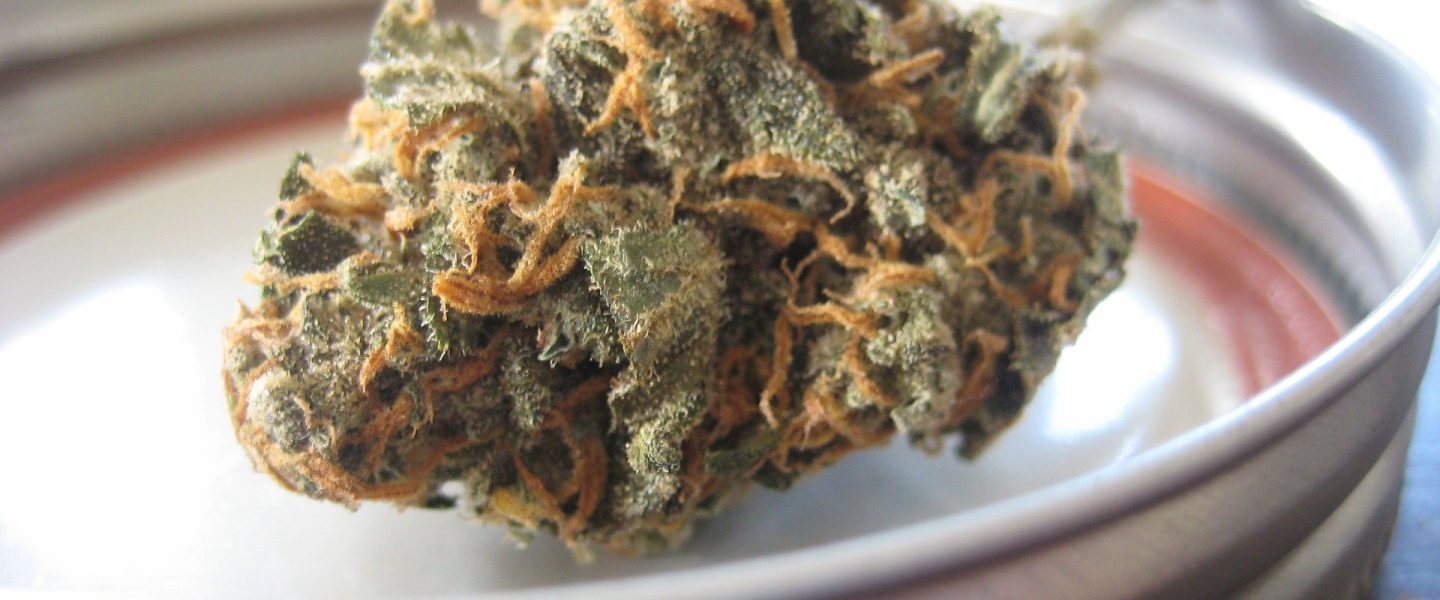 According to media reports out of Arizona, the Arizona Medical Marijuana Policy Project submitted more than a quarter of a million signatures to the Arizona Secretary of State’s Office for a medical marijuana initiative. If 153,365 of the signatures are valid (the State will determine that within 20 days), the Arizona Medical Marijuana Act will appear on the November ballot.
According to media reports out of Arizona, the Arizona Medical Marijuana Policy Project submitted more than a quarter of a million signatures to the Arizona Secretary of State’s Office for a medical marijuana initiative. If 153,365 of the signatures are valid (the State will determine that within 20 days), the Arizona Medical Marijuana Act will appear on the November ballot.
“We are proud to turn in these signatures today on behalf of the thousands of patients in Arizona who will benefit from this law once it is enacted,” said Andrew Myers, campaign manager for the Arizona Medical Marijuana Policy Project. “People suffering from multiple sclerosis, cancer, AIDS, and other serious illnesses should not be forced to seek on the streets the medicine they and their doctors know they need. This initiative proposes instead a dispensary system that will give patients safe and reliable access to medical marijuana if they possess a doctor’s recommendation to use it. We look forward to qualifying for the ballot and bringing our message to voters over the coming months.”
Here are the basic facts of the initiative, as found on the Arizona Medical Marijuana Policy Website:
What would Arizona’s medical marijuana initiative do?
-Allow terminally and seriously ill patients who find relief from marijuana to use it with their doctors’ approval.
-Protect these seriously ill patients from arrest and prosecution for the simple act of taking their doctor-recommended medicine.
-Permit qualifying patients or their caregivers to legally purchase their medicine from tightly regulated clinics, as they would any other medicine — so they need not purchase it from the criminal market.
-Permit qualifying patients or their caregivers to cultivate their own marijuana for medical use if a regulated medical marijuana clinic is not located within 25 miles of the qualifying patient.
-Create registry identification cards, so that law enforcement officials could easily tell who was a registered patient, and establish penalties for false statements and fraudulent ID cards.
-Allow patients and their caregivers who are arrested to discuss their medical use in court.
-Keep commonsense restrictions on the medical use of marijuana, including prohibitions on public use of marijuana and driving under the influence of marijuana.









